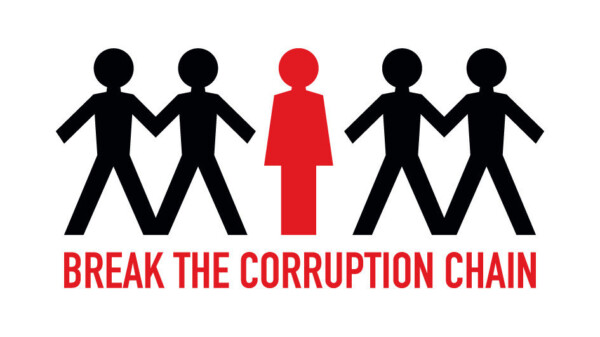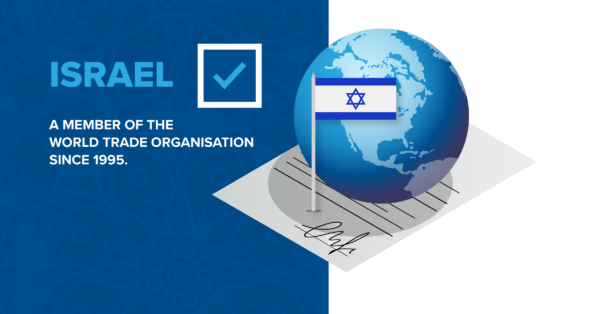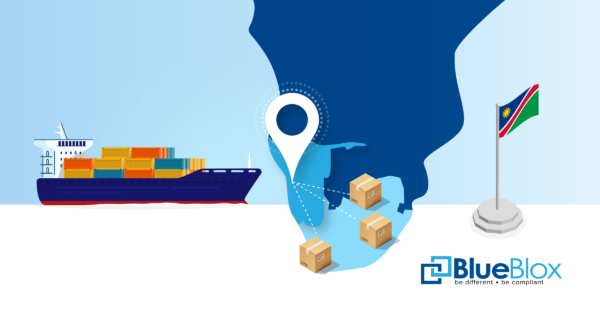
Not choosing the so-called ‘African Way’
If lack of knowledge is addressed, might we beat corruption in African trade?
In 2012, drivers taking goods from Abidjan in Ivory Coast to Bamako, the capital of Mali, could expect to pay $66 in bribes along the road and a further $25 in bribes at the border, according to Borderless Alliance. This is the private sector advocacy and education group that monitors the practical costs of trade along the region’s roads and at its ports. It also reports on the cost of bribes per 100km travelled in Africa.
It’s no secret that, in many cases, foreign investors are asked or expected to pay bribes to facilitate trade and that this is referred to as the ‘African Way’.
China, for example, has been accused of targeting African political leaders and governing parties, providing them with patronage, and so securing trading licences, favourable investment terms and the freedom to shirk its duties in terms of local laws on labour market conditions, rights, wages and the environment.
At BlueBlox we’ve seen this too, most recently on a project representing one of our clients in a Northern African country. Sitting in a waiting room, ready to state our case before a certain customs officer, we overheard abhorrent remarks within the room: ‘How much are you willing to pay?’; ‘When he asks, just give him this…’; and ‘Of course he’ll take it; they all do…’ Common, maybe – but still alarming.
Now, the African Union estimates that 25% of the GDP of African states, or some $148 billion, is lost to corruption every year on the continent. This is why it has published Agenda 2063 – a visionary document for what the continent will look like in 50 years’ time – and declared 11th July 2018 as the African Anti-Corruption Day, and 2018 as the African Anti-Corruption Year.
In many cases Western governments and companies are complicit in encouraging African corruption. Former World Bank chief economist Joseph Stiglitz says, “Every bribe that is taken has a payer, and too often the bribe payer is a corporation from an advanced industrial country or someone acting on its behalf.”
At BlueBlox, we’ve decided never to be the payer.
So, when it was BlueBlox’s turn to present our matter to the customs officer in question, he asked his routine questions, which we answered respectfully. He gave his instructions, which we acknowledged. However, we needed to explain the true problem: that our goods in this case did not fall within the standard legislative requirements. As a result, the officer’s routine questions were not applicable and our client would not be able to provide the documentation being requested.
We were immediately escorted to next-level officials, to discuss the technicality of the case. The merits were discussed, various legislative aspects were compared, and the matter was resolved. No ‘African Way’ was needed. But it’s important to mention that the solution was clearly outlined in the legislation, although its implementation is not commonly known with reference to the trade transaction at hand.
At that moment, we had a revelation: If all importers, brokers and traders truly understood prevailing legislation, inside and outside, would corruption disappear? Is the problem really corruption, or is it lack of knowledge? And if so, is the ‘African Way’ the result of chronic frustration on the part of customs officers, who don’t have access to all the insight they need, and use corruption to make their issues go away?





